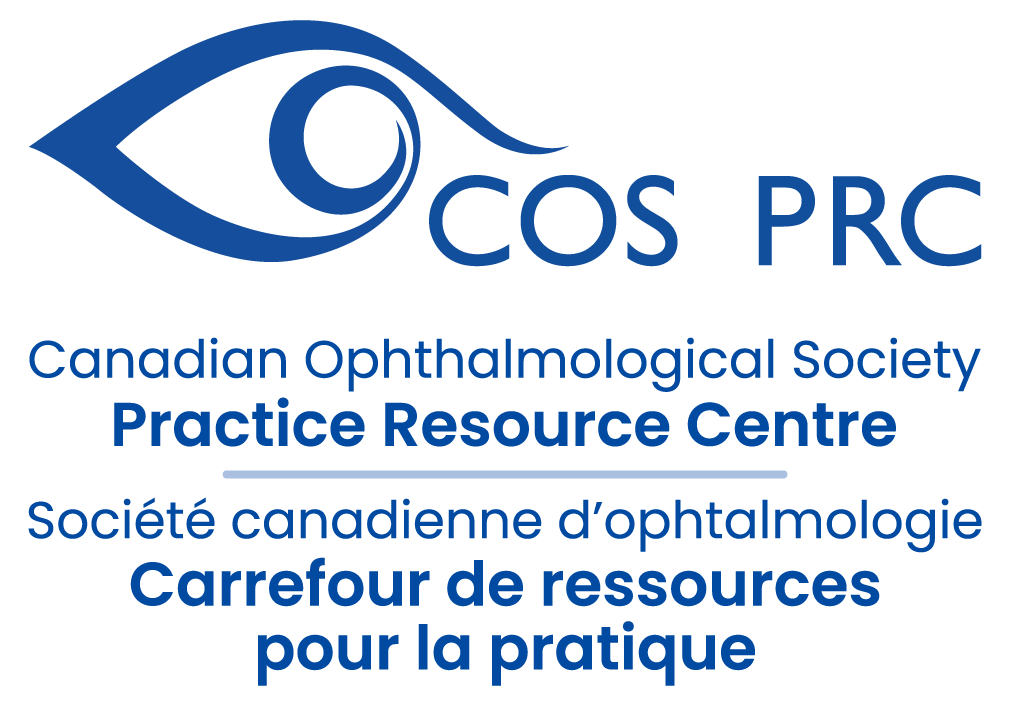This article is authored by M. Shayyan Wasim, who has ancestral ties to the African Siddi community in Pakistan
Post reviewed and approved by: Dr. Marie-Josée Aubin and Dr. Anne Xuan-Lan Nguyen
Celebrating Black Excellence in Ophthalmology
Black History Month recognizes the significant contributions of Black individuals in various fields, including medicine. In ophthalmology, Black pioneers have made groundbreaking advancements in clinical practice, research, education, and advocacy. Their work has improved patient care while promoting diversity, equity, and inclusion in the field.
Pioneers in Ophthalmology
Dr. David K. McDonogh (c. 1821–1893)
Born into slavery, Dr. McDonogh pursued medical education after gaining his freedom and became one of the first Black physicians in the United States. He specialized in ophthalmology and dedicated his career to improving eye care for underserved populations while advocating for increased opportunities for Black medical students.
Dr. Charles Victor Roman (1864–1934)
Dr. Roman was a pioneering ophthalmologist and educator who founded and chaired the Department of Ophthalmology and Otolaryngology at Meharry Medical College. Born to parents who were fugitive slaves, he overcame significant hardships to become a respected advocate for Black healthcare and medical education.
Dr. Patricia Bath (1942–2019)
A trailblazing ophthalmologist, inventor, and academic, Dr. Bath was the first Black female physician to receive a medical patent for her invention of the Laserphaco Probe, which revolutionized cataract surgery. She was also the first Black female ophthalmology resident at NYU and co-founded the American Institute for the Prevention of Blindness.
Dr. Maurice F. Rabb Jr. (1932–2005)
Dr. Rabb was a renowned ophthalmologist recognized for his work in cornea and retinal vascular diseases. As one of the first African American students at the University of Louisville, he later became the first Black chief resident at the University of Illinois Eye and Ear Infirmary. His leadership in ophthalmic research and education remains influential today.
Dr. Howard P. Venable (1913–1998)
Dr. Venable played a pivotal role in desegregating hospitals and ophthalmology training programs. A dedicated mentor, he expanded opportunities for Black physicians in the field. His civil rights activism extended beyond medicine, as he fought against racial discrimination in housing and healthcare.
Dr. Lois Young-Thomas
Dr. Young-Thomas was the first Black female graduate of the University of Maryland School of Medicine in 1960. She dedicated her career to serving disadvantaged communities and fostering medical education. She later became a professor and mentor, receiving numerous teaching awards for her contributions to ophthalmology education.
Dr. Eve Higginbotham
A leader in academic medicine, Dr. Higginbotham became the first Black woman to chair an ophthalmology department in the United States at the University of Maryland. A glaucoma specialist, she has made significant contributions to research, healthcare policy, and diversity in medicine.
Dr. Keith Carter
Dr. Carter is a distinguished leader in academic ophthalmology. As Chair of Ophthalmology at the University of Iowa and past president of the American Academy of Ophthalmology (AAO), he has championed diversity initiatives and mentored underrepresented medical students and residents.
Dr. Fasika Woreta
A pediatric ophthalmologist and geneticist, Dr. Woreta is an Associate Professor at Johns Hopkins University. She has conducted significant research on congenital cataracts and retinal diseases in children while advocating for global pediatric eye care access and increasing diversity within ophthalmology.
Conclusion
These individuals have left a lasting impact on the field of ophthalmology and beyond. Their perseverance, innovation, and advocacy continue to inspire future generations of physicians and researchers. As Black History Month is celebrated, their contributions are acknowledged, reaffirming a commitment to fostering diversity and equity in medicine.



